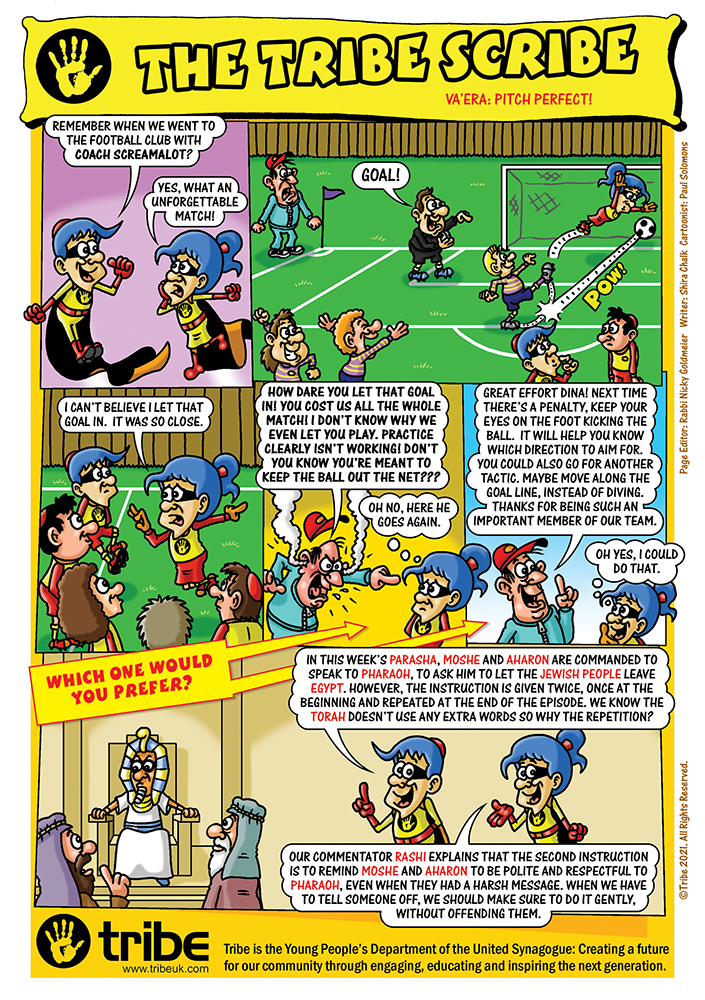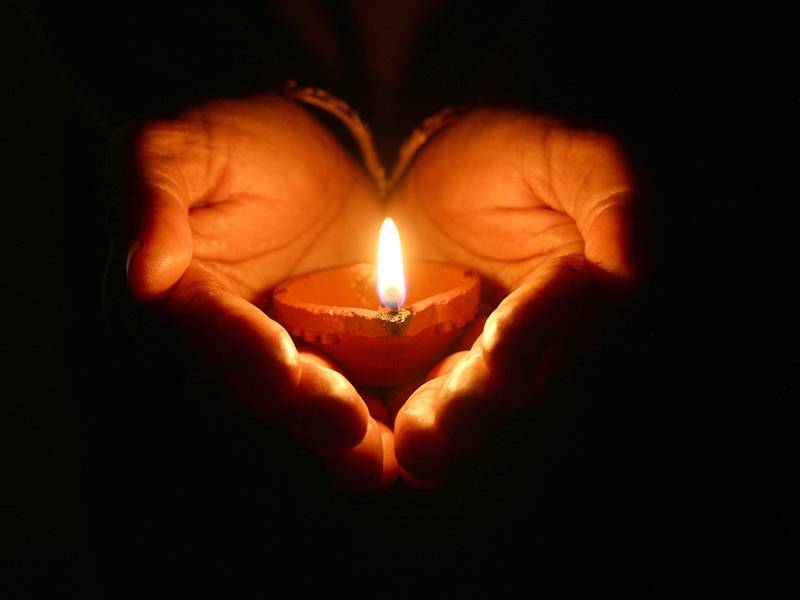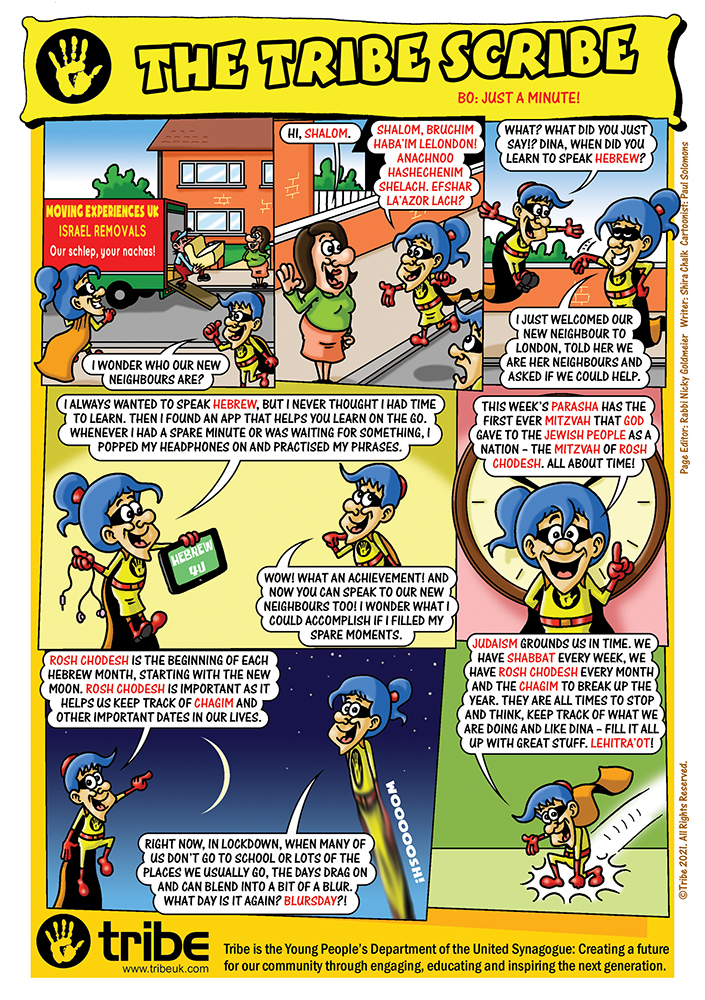Bonjour / Hello [nickname_else_first_name],
Table of contents
1) Perashat Hashavoua - Rabbi Eli Mansour
2) Halakhat Hashavoua (Halakhot related to day to day life) By Hazzan David Azerad -
The Source for the Recital of the Korbanot -Peninei Halacha
3) Holy Jokes!
4) For KIDS

This Week's Parasha Insight with Rabbi Eli Mansour
Parashat Vaera: Embracing the Gift of Eretz Yisrael
In the opening verses of Parashat Vaera, we read the promises that G-d made to Beneh Yisrael as they suffered the torment of slavery, assuring them that He would lead them out of Egypt and to Eretz Yisrael, adding, "Ve’natati Otah Lachem Morasha" – that he would give us the Land of Israel as a "Morasha," an everlasting inheritance (6:8).
As opposed to the common word for "inheritance" – "Yerusha" – the Land of Israel is referred to here with the unusual word "Morasha." The only instance of this word in the Humash is in the famous verse in Parashat Vezot Haberacha which calls the Torah "Morasha Kehilat Yaakob" – "an inheritance for the congregation of Yaakob" (Debarim 33:4). What is the difference between the terms "Yerusha" and "Morasha," and why are specifically Eretz Yisrael and the Torah described as "Morasha"?
Rav Mordechai Gifter (1915-2001) explained that most assets which a person receives as an inheritance come with no restrictions or responsibilities. Once a person inherits something, he can do with it whatever he chooses. He can use it, store it away, sell it, give it as a gift, or destroy it. The choice is entirely his. A "Morasha," however, is not something one is given, but rather something with which one is entrusted. It is given only for the purpose of guarding and preserving it so it can then be transmitted to the next generation. Both the Torah and Eretz Yisrael are given to us not as a "Yerusha," but as a "Morasha." We are entrusted with them, charged with the responsibility of preserving them and transmitting them intact to the next generation.
I once heard Rav Yisrael Meir Lau, the former Ashkenazic Chief Rabbi of the State of Israel, make an interesting observation about these two precious gifts which we have received as a "Morasha." Rav Lau noted that the "Morasha" of Torah ended up being far more successful than the "Morasha" of Eretz Yisrael. After all, the Jewish People lived without Eretz Yisrael for many centuries, but we were never without the Torah. We’ve been scattered throughout the world, very far from our homeland, but we always continued studying the Torah. Both Torah and Eretz Yisrael have endured, but our nation’s relationship with the Torah has been consistently strong, whereas our relationship with Eretz Yisrael was broken for a very long time. And even today, the process of resettling the land has been fraught with complications and struggle.
The reason, Rav Lau explained, lies in the origins of our relationship to the Torah and our relationship to the Land of Israel. When our ancestors arrived at Mount Sinai to receive the Torah, they eagerly and enthusiastically proclaimed, "Na’aseh Ve’nishma" – that they would wholeheartedly accept all the Torah’s laws, without any hesitation. But a little over a year later, when they were poised to enter Eretz Yisrael, they said they did not want the land. They insisted on first sending a group of spies to check out the land, and then, when the spies returned, they decided they should not proceed, and even wept over their destiny to live in Eretz Yisrael. This "Morasha" was not eagerly accepted when it was first offered to us, and so our relationship with the land began on a shaky foundation. The land, as it were, was "hurt" and "offended." It took a very long time, Rav Lau explained, for our relationship to the land to be fully repaired, and indeed, this process has yet been completed. The struggles the Jewish Nation continues to face in securing its hold on our sacred homeland is due to our initial refusal to embrace this precious gift, this "Morasha," with which we have been entrusted. The more we work to recognize and appreciate the sanctity of Eretz Yisrael, the more we will advance this process of repairing our strained relationship with the Holy Land, and we will then experience peace, joy and prosperity in the land, and celebrate the rebuilding of the Bet Ha’mikdash and our final redemption, speedily and in our days, Amen.

Halachot this week are selected and Translated by Hazzan David Azerad
The Source for the Recital of the Korbanot -Peninei Halacha
The Chachamim teach (Ta’anit 27b and Megillah 31b) that when Hashem entered a covenant with Avraham Avinu and promised him that he and his children would inherit the Land of Israel, Avraham asked HaKadosh Baruch Hu, “Master of the Universe, perhaps, Heaven forbid, the nation of Israel will sin before You, and You will do to them as You did to the generation of the flood and the generation of the dispersion?” Hashem answered, “I will not do that to them.” Avraham said, “How will I know that You will not destroy their name?” Hashem responded, “Bring me three calves…” By that, He hinted that the institution of the korbanot will witness the eternal connection between Israel and Hashem. Therefore, even if sins should be found within the Jewish nation, it is only because of external influences – at their core the Jewish people are righteous and are all connected to Hashem. Therefore, by offering korbanot, an act expressing Israel’s absolute devotion to Hashem, their sins will be atoned.
Avraham Avinu said before Him, “Master of the Universe, and what will be when the Temple will be destroyed; how will their sins be atoned?” HaKadosh Baruch Hu answered, “I have already instituted the Korbanot passages for them. Every time they recite them, I will consider it as if they are bringing an offering before Me, and I will forgive them for all their sins.”
Further, the Chachamim say that anyone who engages himself in the laws of the Chatat (sin) offering, is as if he offered a Chatat; and anyone who engrosses himself in the laws of the Asham (guilt) offering, it is as if he offered an Asham. Likewise, when one engages himself in the laws of any of the korbanot, it is as if he brought those offerings (Menachot 110a).
The idea behind this is that every deed performed in the world possesses an inner soul. The soul of a mitzvah is the words of the Torah that discuss that mitzvah. These ideas especially pertain to the korbanot, for the essence of the korbanot is to express our connection to Hashem. Therefore, when one cannot bring the offerings, the study of them is considered a substitute for their sacrifice (see also Maharal, Gevurot Hashem, chapter 8).
Bevirkat Shabbat Shalom Umevorach
David Azerad
3) HOLY JoKeS!!
Selection of funny snippets, loosely related to this weeks parashah or current events, to brighten your day


4) FOR KIDS
Click on the image to open the youtube video








 MABROOK!!!
MABROOK!!!










